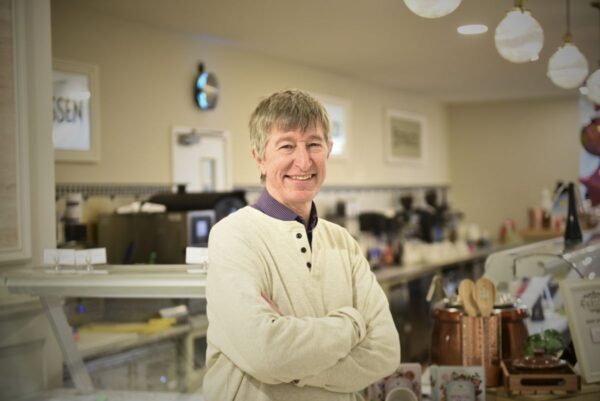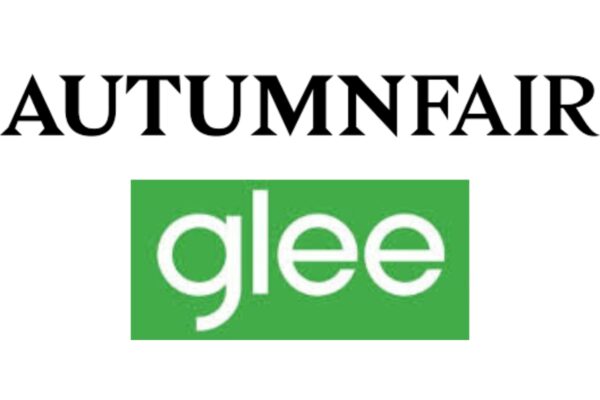In 2019, and for the first time ever, consumers will be as likely to use their smartphones to shop as they would a laptop or desktop, according to new research by price comparison and switching service USwitch.com.
Shoppers plan to spend £25 billion using their smartphones this year, a £10 billion rise on 2018. It is predicted that more than 30 million Brits will use smart devices to shop this year – an increase of 12 million compared to 2018.

In the run-up to Valentine’s Day, Poundland has launched a selection of dummy engagement rings which consumers can use to propose with, enabling them to visit a jewellery shop later to buy the real thing if the wooed one says ‘yes’.
Jewellery Goldsmiths reports that ‘ethically sourced’ is a high priority for millennials when they think about buying an engagement ring, with almost a third of 18-24 year-olds saying this was a major consideration.
Consumer spending fell 1% year-on-year in December, according to Visa, which said that the decline was the fastest seen since April 2018. Expenditure was down in eight months of the year.
When Amazon’s market capitalisation hit $797 billion earlier this month it became the world’s most valuable public company, pushing Microsoft, which was worth $784 billion, into second place.
Despite making £8 billion of sales in the UK, Amazon paid just £63 million in business rates in 2018. The online retailer is reported to be extending its reach into the beauty market with the launch of its own make-up range.
Although upward contributions from categories including toys and hobbies helped offset petrol price decreases in December, the UK inflation rate still fell to 2.1% from 2.3% in November, the lowest Consumer Price Index figure for nearly two years, according to the Office for National Statistics.

Over the past five years the annual surplus produced from local authority parking operations has soared by £165m, according to a study by price comparison site Confused.com. During the 2017-18 financial year some £847 million was generated from parking activities – up from £682 million in 2013-14.
Despite economic uncertainty over Brexit, UK entrepreneurs are creating more companies than ever with new figures showing a rise in start-ups last year following a decline in 2017. Companies House data analysed by the Centre for Entrepreneurs revealed business formations reached a record 663,272 in 2018, a 5.7% rise compared to 627,654 the year before. The numbers for 2017 showed the first annual drop in start-ups since 2010.
Alan Monahan












